Curiosity, a Student’s Fuel
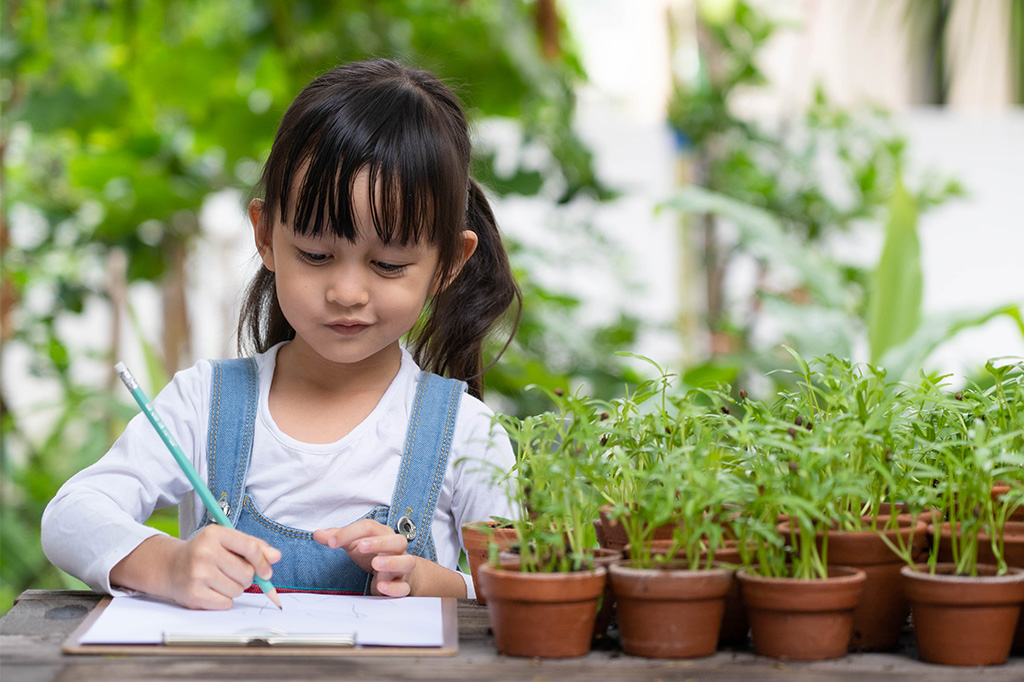
⏱️ 5 min read
What is curiosity?
Curiosity is the natural desire to learn about new ideas, knowledge or skills. It is something that all animals possess, and to an extent it is activated in all of us from birth.
Curiosity drives a child’s natural propensity to ask questions. Every one of them is an opportunity to nourish that growing mind with acknowledgement and information.

Curiosity and character
Curiosity is the ultimate foundational trait for all children’s academic development. Moreover, the benefits it brings are more immediate, enriching and practical than we might imagine.
Philosopher and psychologist William James defines curiosity as “the impulse towards better cognition”. It is the ‘impulse’ to study which can motivate a child through the school years and well beyond.
Evidently, with momentum of that kind, the most curious children will be passionate about learning in every respect.
Curiosity is also known to contribute to the discovery of meanings in young people’s lives. For example, a study at George Mason University collected questionnaires from 96 university students about their traits and daily reflections. In the questionnaires, students rated their tenacity to learn something new, achieve a target, reflect on the purpose of their life and the overall satisfaction of their life.
Conclusively, results revealed a positive correlation between the students’ ratings on these traits. Students who were keen to acquire new information were more willing to pursue goals. Hence, this suggests that a more curious student would aim to develop knowledge and skills to reach their targets, consciously and intently.
Moreover, these students also reported to have a higher life-satisfaction rate. Where curiosity about one topic evoked curiosity for another, the spiral of questions and answers brought fulfilment.
These notions are supported by several surveys and scientific research pieces from around the world.
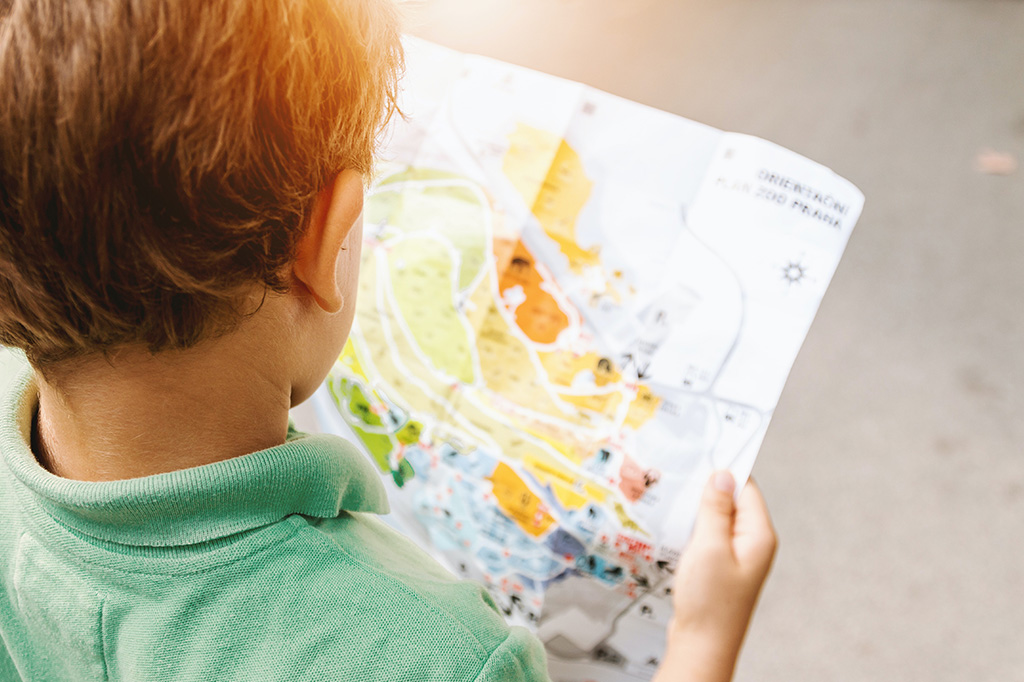
Curiosity makes learning easier
The secret to engaging a child’s interest in studying is to ‘switch on’ their curiosity.
To clarify, we mean their very general curiosity—about anything and everything, almost. The fundamental role of curiosity is to stimulate thought and wonderment, to explore ideas. Consequently, it drives children to search for information on their own initiative.
Such curiosity can lead to the best habits and unstoppable momentum.
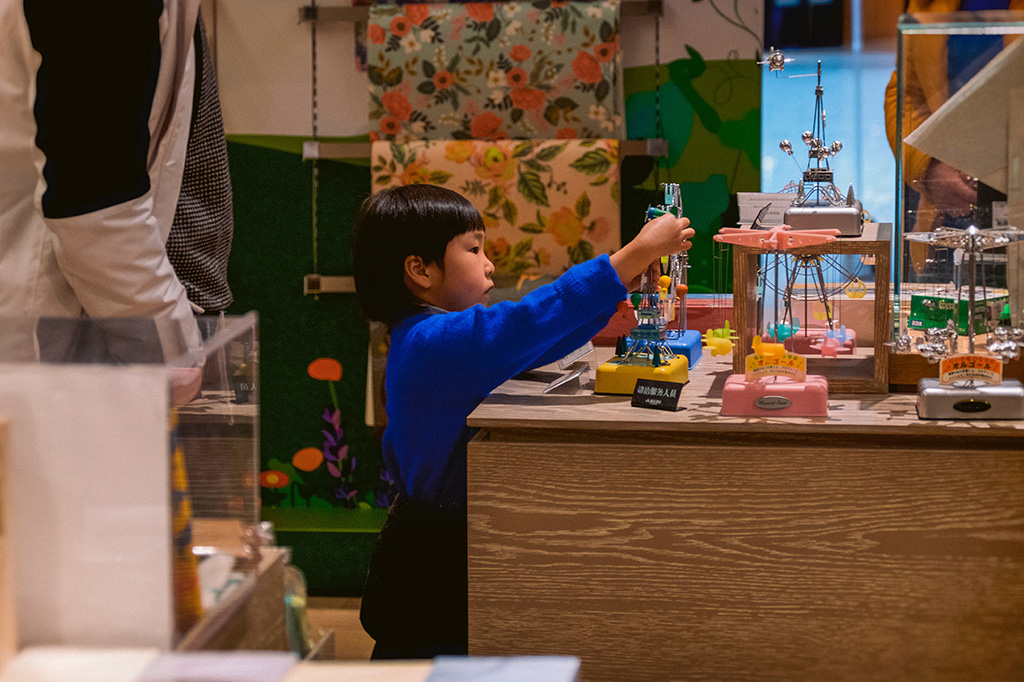
Curiosity makes the student
Inevitably, for curious children, studying is no chore.
Indeed, for everyone, learning is an immediately rewarding activity where the brain releases dopamine (one of the happy chemicals) every time we learn something we’re interested in.
Importantly, scientists tell us that this in turn leads to a better recollection of information when tested or questioned.
In emotional terms, a child charged with curiosity can henceforth experience joy where you might not expect to find it.
A brain imaging study at University of California Davis discovered that a person’s interest in a topic is strongly linked to motivation, tenacity and memory. In this study, the experimenters gave 19 adult participants some trivia questions to learn the answers for. Before seeing the answers, they rated how interested they were in the questions. They then memorised the answers whilst being scanned using MRI.
Strikingly, their MRI scans showed activations of nucleus accumbens when learning a trivia of their interests. Indeed, this is the part of brain which activates when a person feels motivated, rewarded or crave for something. Moreover, the participants better recalled the answers with high interests in subsequent written tests.
To conclude, these findings suggest that being curious does not only trigger children to wonder why something happens. Rather, it leads them to treat new information as a reward, and memorise them more clearly and efficiently.
How to grow children’s curiosity
Switching on and expanding a child’s curiousness requires time together and talking. Toys, sandpits, forests and all of the world around us stimulates imagination and thinking.
Encourage them to look and to see, to hear and listen. Unquestionably, reading together nourishes every day with story and vocabulary.
Since most information is new to a child’s mind, parents and childminders get to select what influences them most.
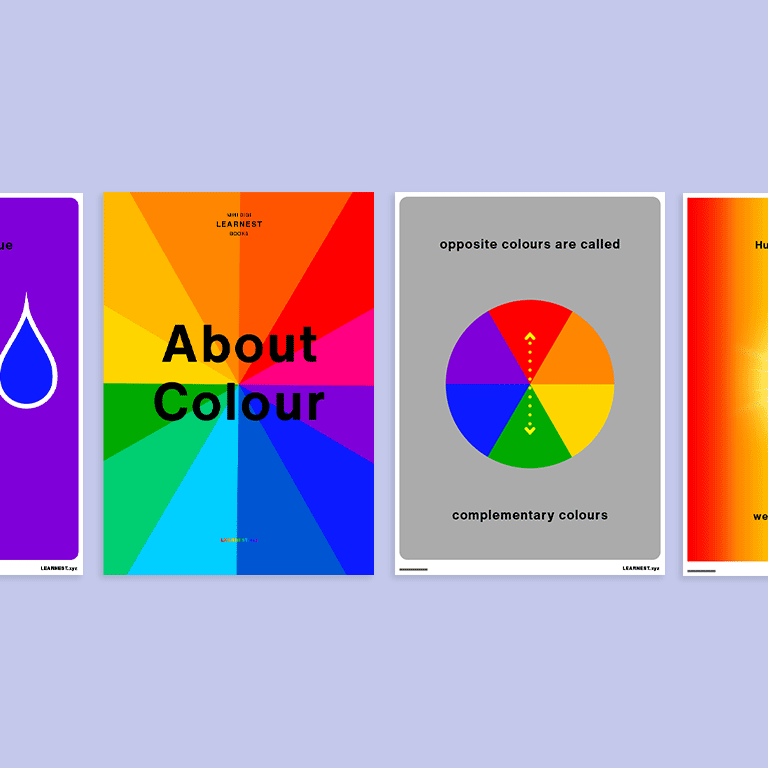
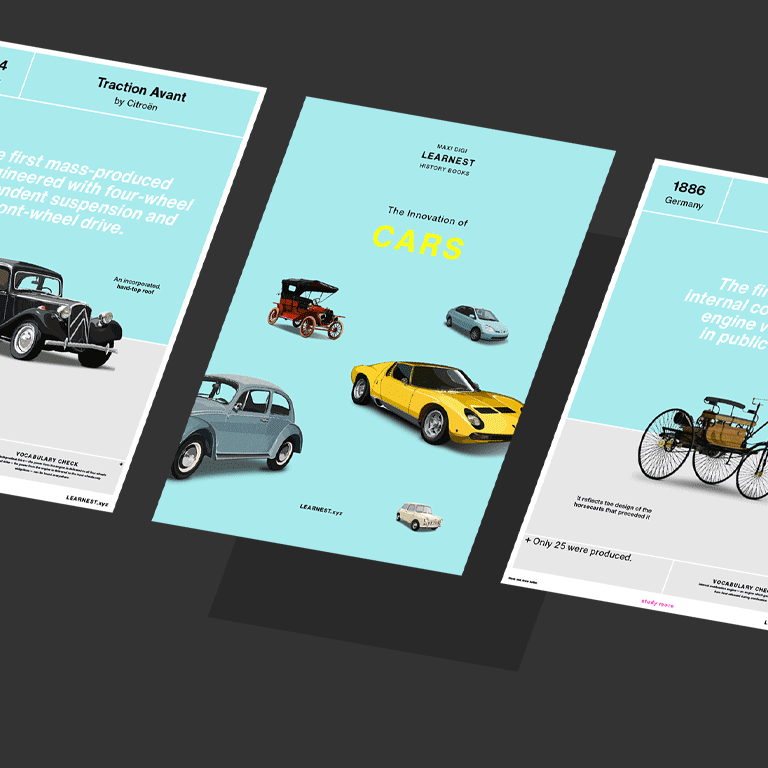
Curious about Learnest?
Learnest is here to support parent and student from a child’s infancy to their graduation to secondary school.
Firstly, download our Pre-School materials and begin to engage your child in the seeing, hearing and feeling that will activate and satisfy their earliest curiosities.
Secondly, work towards recognition and knowing as they develop their speech and communication with you. Help their curiosity to set in early and see it grow organically with momentum.
Going beyond the curriculum we can truly feed their curiosity. We’ll prolong it with amazement and deepening interest until it becomes a very positive cycle. Learnest students will enjoy the journey with us and, of course, strategic curiosity-triggers will motivate them throughout!
Thirdly, armed with heightened curiousness as they progress into Key Stage 1 of schooling, students should access our L1 materials. Gradually, we’ll reveal the fascinating links between topics and invite them to expand their horizons way beyond the curriculum.
Posted 28 April 2021
Authored by Asano Katashima
Edited by Elliot Paine
2021 © All Rights Reserved. Learnest.xyz